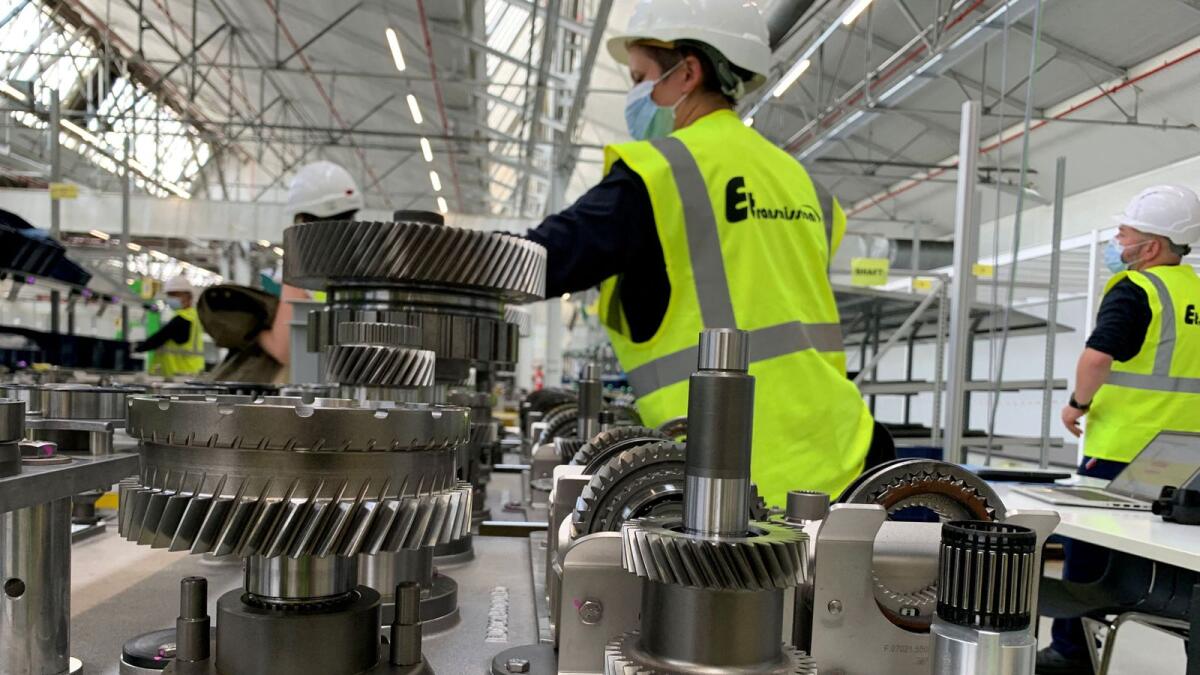Stellantis, a European carmaker, along with other major automakers like Volkswagen, are facing challenges as they warn about the deteriorating outlook for auto demand and rising costs. This has led to billions of euros being wiped off the sector’s market value. Weak demand in China and the United States, along with the potential trade war between Beijing and the EU, are major contributing factors to these issues. Aston Martin has also issued a profit warning, attributing falling demand in China as one of the reasons for the decline.
Stellantis shares have dropped significantly, hitting their lowest point in years, reflecting the scale of the automaker’s challenges. The company’s shares have seen a 38% decrease in value this year, making it Europe’s worst-performing automaker. Volkswagen recently announced a cut in its 2024 profit outlook for the second time in under three months, further adding to the industry’s woes. The German carmakers heavily rely on China for sales, but have been impacted by a weaker economy and intense competition in the region.
The European car industry is facing a downturn in demand, with new car sales in the EU falling significantly. Stellantis is particularly struggling in North America, where its high-profit margins from selling Jeeps and pickup trucks have been affected by high inventories and weak sales. This has led to a reduction in production and deep discounts on vehicles to clear inventory. As a result, Stellantis has revised its profit margin and warned of negative cash flow for the year.
Compared to their US counterparts, European carmakers are facing lower market value ratios, indicating a lack of investor confidence. The competition from Chinese rivals who can develop more efficient and affordable EVs at a faster pace is another challenge for traditional automakers. They are also grappling with the shift to EVs, struggling to sell existing models while investing in newer, more economical options. This transition has further exacerbated challenges related to cash flow and plant utilization.
The changing market dynamics have prompted Volkswagen to warn of potential plant closures in Germany due to falling market share in China and reduced demand in Europe. This has put the company at odds with the powerful IG Metall union, with talks over pay and potential closures underway. The struggles faced by European carmakers underscore the need for innovation, efficiency, and adaptation to the changing landscape of the auto industry. Finding ways to address these challenges and remain competitive in the market will be crucial for the survival and success of these companies in the future.











